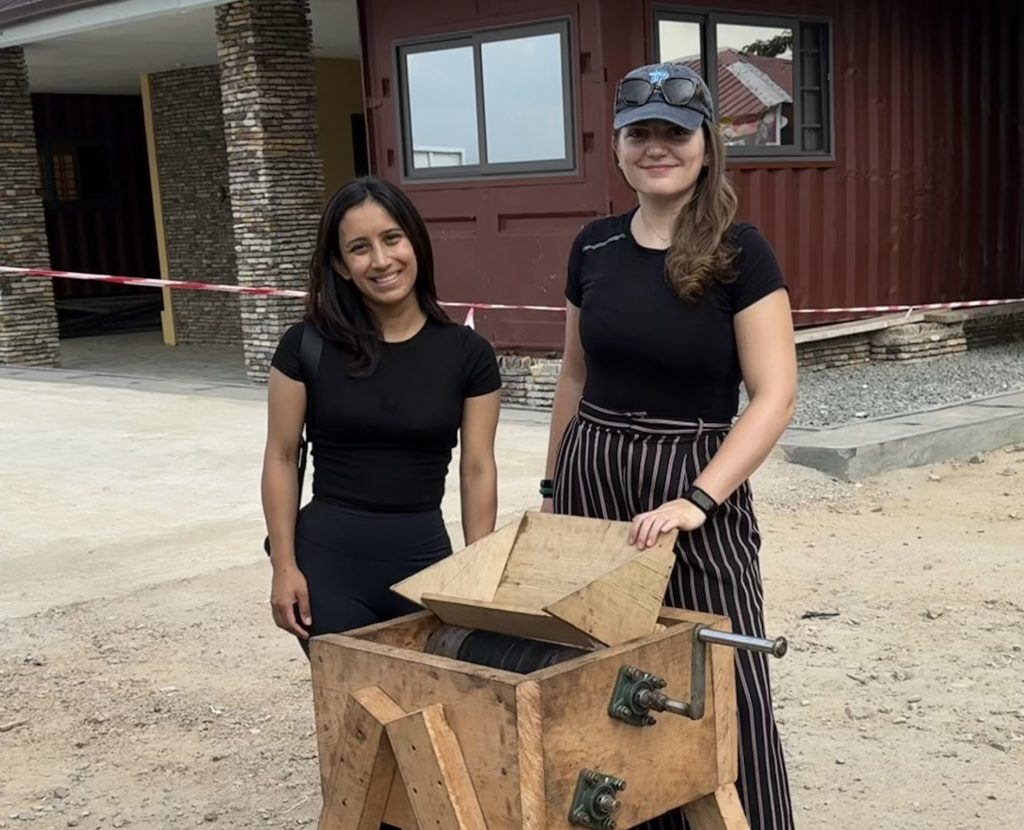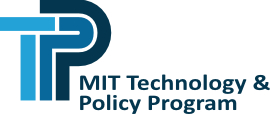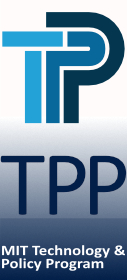
Turning Challenges into Opportunities: Sustainable Solutions and Community Empowerment in Ghana
Estelle Martin is a dual Master’s student enrolled in both the Aeronautics & Astronautics Master’s program and the Technology and Policy Program, working with Prof. John Hansman on sustainable aviation fuels. She is developing a model to evaluate the global availability and accessibility of these fuels, as well as the potential impact of their utilization, particularly in terms of emissions reduction. Her work aims at informing stakeholders in the field for decarbonization strategies and policy implications. Prior to commencing her Master’s journey, Estelle graduated with a dual Bachelor’s degree in Mathematics and Physics from École Polytechnique in France. Beyond academics, she is interested in fostering and taking part in developing sustainability within the aerospace and the energy sectors, as well as engaging in policy formulation at the crossroads of those fields.
Jazmin Muciño is a master’s student in MIT’s Technology and Policy Program, focusing on energy and environmental sustainability. She has expertise in both environmental and energy modeling, with recent work using Geographic Information Systems to study wetlands, glacial lakes, and river spatial dynamics. Passionate about leveraging design, science, and technology for climate change mitigation and adaptation, particularly in resource-constrained settings, her experience spans Latin America, the US, and the Himalayas. Jazmin’s work supports environmental policy in fields related to the built environment, manufacturing, materials, as well as water, food, and energy systems. Additionally, she is also dedicated to fostering innovation and access in education.
Overview: what was your project about? Who did you travel with?
This summer we traveled to Ghana with MIT’s D-Lab as part of a project carried over the spring semester in our class Energy in Global Development. This project addressed the issue of invasive aquatic weed overgrowth in the Lake Volta reservoir, threatening the country’s hydroelectric power generation and local economic activities. By leveraging the harvested weeds into usable charcoal briquettes for local communities’ households and the regional industries, this project transformed the nuisance into an opportunity to enhance sustainable energy supplies while participating in the economic development of the communities trained.
Who did you work with and what did you do?
Over the course of the semester, we collaborated with the Volta River Authority (VRA), the Kwame Nkrumah University of Science and Technology (KNUST), and the Kpong community leaders in building and developing solutions to the various challenges along the briquette-making supply chain: from designing a mechanical grinding machine and optimizing briquette recipes for strength and calorific value, to refining the briquette-making presses.
During our visit this summer, we replicated and enhanced our charcoal grinder prototype at the KNUST center at Suame Magazine, using only local materials purchased on-site, as well as preparing the tools for briquette-making. We visited and trained the communities of Kpong and Ada through capacity-building workshops, teaching them design principles, machinery use, basic engineering techniques, and entrepreneurship skills. Through those workshops, we tested our prototypes with the participants and guided them while they took the lead in designing and refining the prototype to suit their needs. We offered support, recommendations, and engineering expertise along the way. The teams successfully built an upscaled version of the mechanical grinder and mastered the briquette-making process by the end of the training.
We engaged with the VRA, the governing body overseeing the region’s communities and hydropower plant, to discuss the project and present the workshop outcomes. We highlighted the communities’ strong interest in briquette-making as an economic activity and advocated for governmental support for this initiative, which resulted in further interest and enthusiasm from the authority.
What sort of knowledge and disciplines does it bring together? How will it make an impact?
This project was extremely multidisciplinary! As it involved the implementation and scaling of technologies to address local issues, it brought together a full spectrum of skills, blending scientific and engineering knowledge and expertise, entrepreneurship and team-building practices, going through human interaction and policy—resulting in a truly complete and multifaceted mission!
As for the impact, the transformation of an invasive species to energy contributes to the revitalization of ecosystems and the essential services they provide. The main economic activities in the area—fishing, navigation, aquaculture, and hydropower generation—depend on the Volta River. Introducing briquette-making as a new economic activity, the project generates additional income for participants while addressing energy supply challenges through a sustainable energy source.
Further, we learned many new skills, including how to open coconuts with a machete and what it is to dance Ghanaian-style — not to mention their secret handshake!



